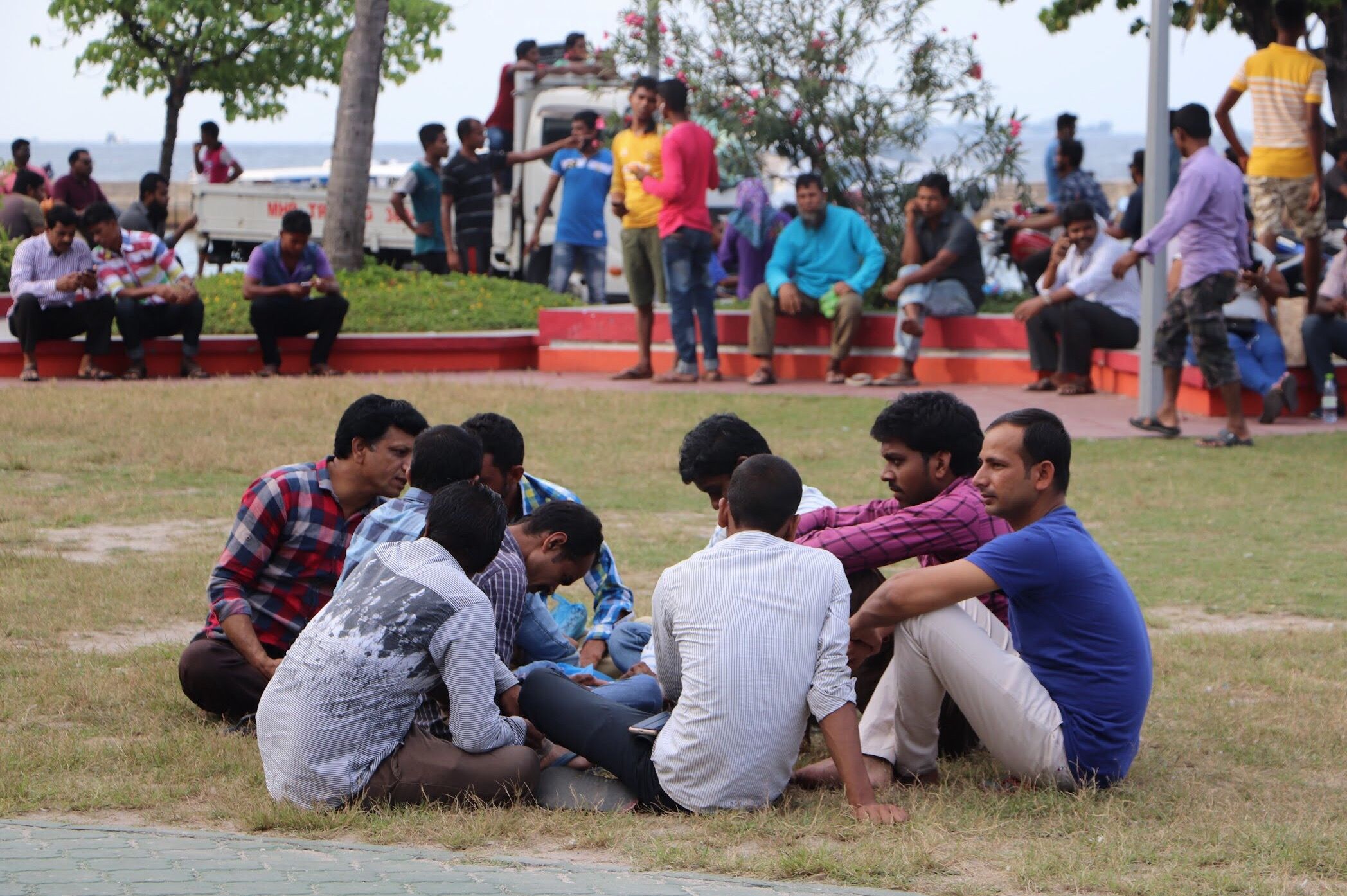Undocumented workers denied healthcare
A Bangladeshi man died last week as hospitals refuse to treat expatriates without passports or work permits.

17 Jan 2019, 09:00
A Bangladeshi migrant worker died last week after he was unable to seek treatment as hospitals refuse to serve expatriates without passports or work permits.
Kobeer Hussain, who worked as a cashier at a shop in the capital, was one of many migrant workers denied treatment from hospitals in the Maldives, according to a report published Tuesday by local daily Mihaaru
The report highlighted the plight of undocumented workers in Maldives, most of whom are brought in by recruitment agents with the promise of resort jobs only to have their passports confiscated and be left to fend for themselves.
Many workers who spoke to the newspaper were unable to get treatment from emergency rooms and out-patient departments as they are asked to show work permits.
Become a member
Get full access to our archive and personalise your experience.
Already a member?
Discussion
No comments yet. Be the first to share your thoughts!
No comments yet. Be the first to join the conversation!
Join the Conversation
Sign in to share your thoughts under an alias and take part in the discussion. Independent journalism thrives on open, respectful debate — your voice matters.




